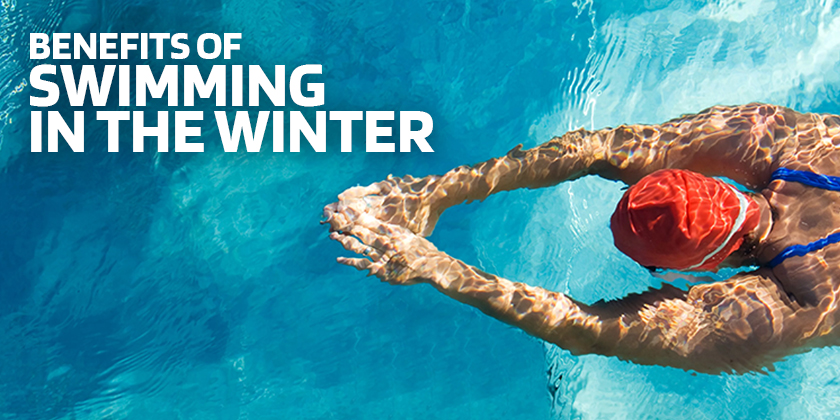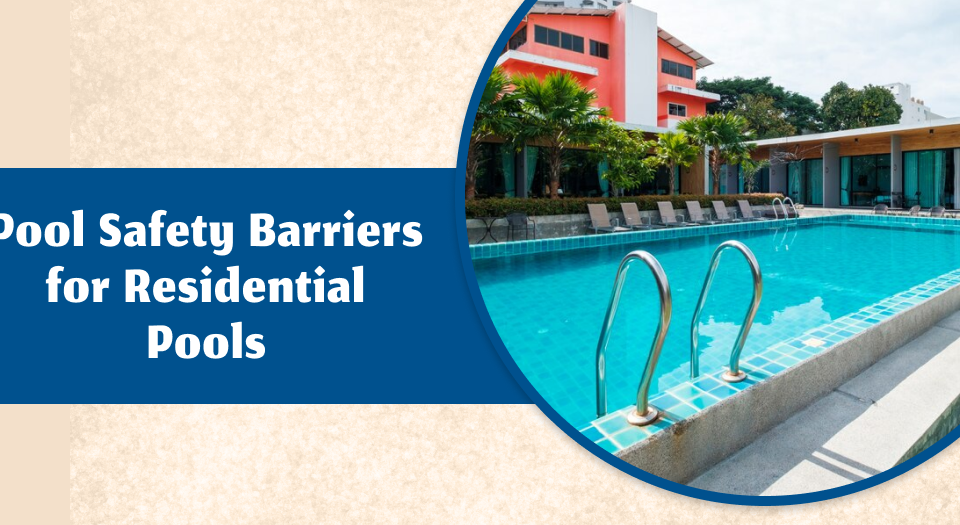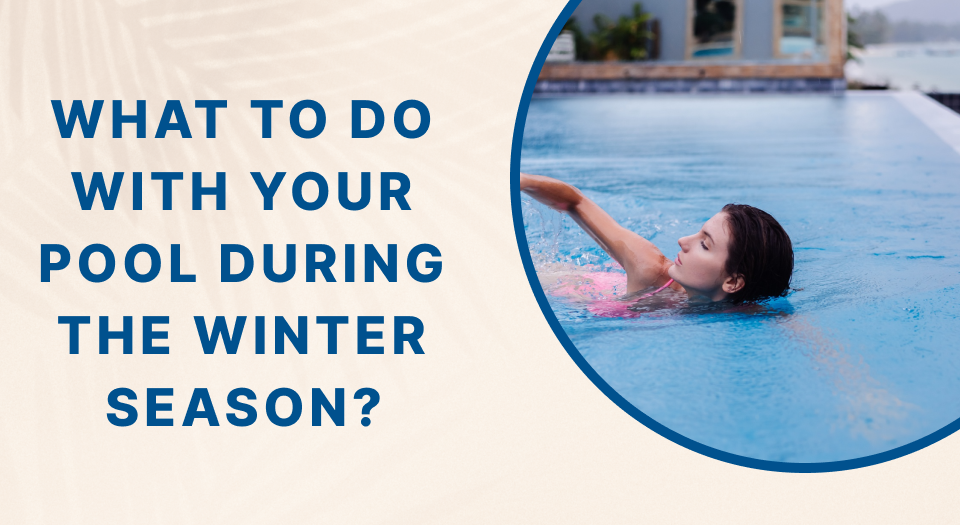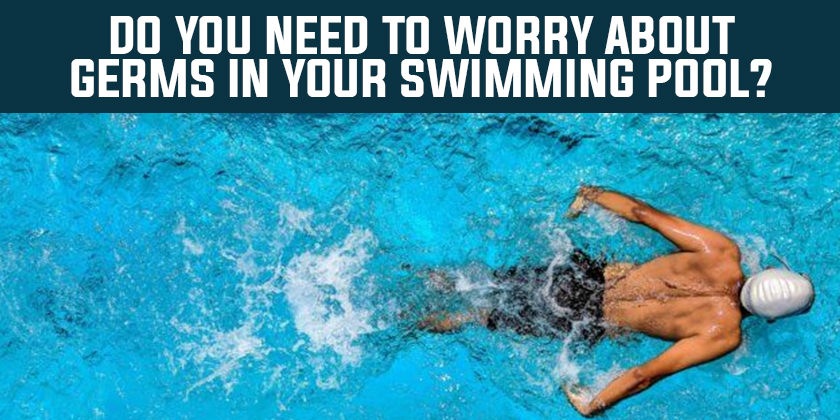
Do You Need To Worry About Germs in Your Swimming Pool?
December 2, 2020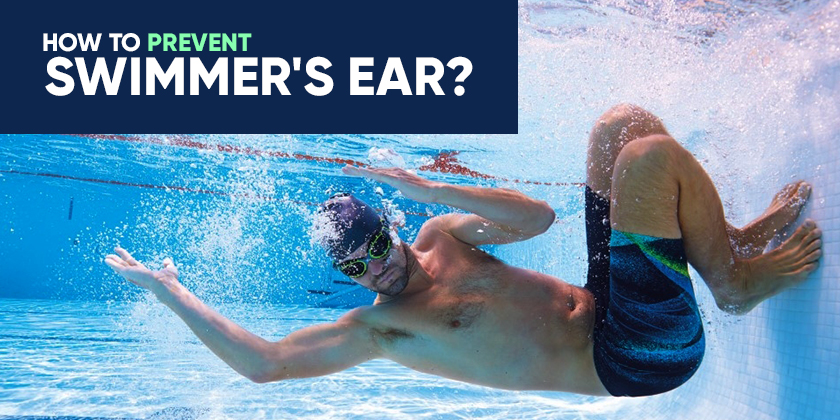
Tips To Prevent Swimmer’s Ear
December 5, 2020In winter, you’ll find a few swimmers diving into the swimming pool at the crack of dawn or after a hectic day, even when the temperature has reached the freezing point. Indoor pools are excellent venues to exercise during the winter months. If you’re not sure whether it’s okay to swim in the winter or not – read below:
Benefits of swimming in cold water during the winter
There are countless reasons to swim in winter, but mostly because it’s one of the most complete and energy-consuming sports, burning a maximum of calories while building up the muscles. Let’s check out the benefits in detail:
- It boosts your immune system
Some studies show that cold water increases immunity in humans. Coldwater helps boost the white blood cell count as the body reacts to changing conditions. With time, the body becomes better at activating its defenses, resulting in boosting overall immunity.
- It helps treat anxiety and depression
The body’s initial response to jumping in cold water is an immediate cooling of the skin, resulting in cold water shock. It helps activate endorphins (a chemical that makes you feel good during physical activities and helps treat depression and anxiety) in the body. Also, there is evidence that cold water is anti-inflammatory, and swimming in cold water can improve patients experiencing post-op pain. Coldwater swimming brings us close to the pain barrier, and endorphins released during swimming can help cope with the pain.
- It improves your circulation
‘When you jump into cold water, the extreme change in temperature sends a signal to your heart to pump more blood to your organs, resulting in better blood circulation. It also flushes toxins out of your system, leading to clear and healthy glowy skin.
- It increases your libido
A study conducted by Uk’s Thrombosis Research Institute, “Coldwater exposure increases testosterone levels in men and estrogen levels in women, resulting in increasing libido in both. Moreover, the cold water shock guarantees boosting energy levels, confidence, self-esteem, and also enhances mood.
- It burns calories
According to a study performed at the University of Florida, “Swimming in cold water burns more calories than swimming in warm water.” The participants who exercised for 45 minutes in 68-degree water burned an average of 517 calories, and those who exercised in 91.4-degree water burned 505 calories, on average.
It happens because swimming in cold water boosts your basal metabolic rate. It means that you burn off more calories afterward. In simpler terms, when a person swims in cold water, the body works harder to keep everything warm, resulting in burning more calories.
- It reduces stress
Coldwater swimmers become calmer and more relaxed.
According to the NCBI study, “Repeated three-minute dips in cold water with time significantly reduces the adrenaline-driven sympathetic response to a different stressor and increases the parasympathetic activity that calms the body down.”
In simpler words, the natural adaptations to cope with cold water stress leads to less reaction to other unrelated stresses and an ability to calm down faster. This ‘cross-adaptation’ effect lasts for months.
So what are you waiting for? Grab your swimming gear and get ready to swim this winter!
Have any doubts about swimming in winter, reach out to Life Savers Poolfence experts today!

